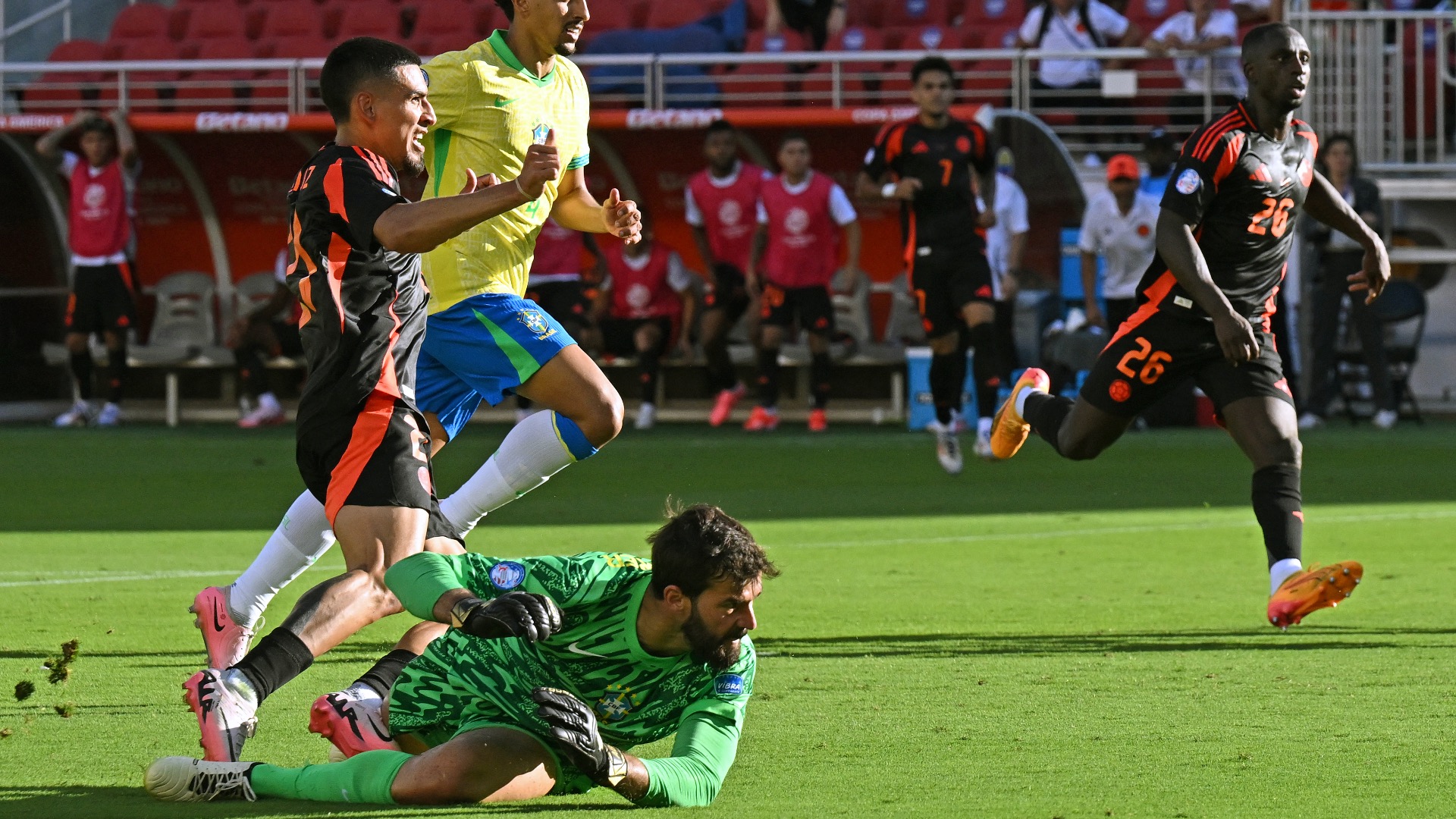“It was a bad choice.”
Those were Sepp Blatter’s words this week, speaking on a Radio 5 Live podcast about FIFA’s decision in 2010 to award the forthcoming World Cup to Qatar. The President of FIFA at the time was of course Blatter himself.
How sincere the shamed former football chief was in his contrition is difficult to gauge but frankly, it matters not a jot now. Because in a few days time the greatest sporting event on earth will take place in a State on the Arabian Peninsula whose 4,400 square miles is largely made up of barren desert.
From the shocking deaths of migrant workers building the stadia; to the appalling human rights record of the region; to the complete overhaul of the footballing calendar so as to facilitate the competition being held in one of the hottest countries around, Qatar ’22 was, is, and will forever remain the most controversial World Cup in the tournament’s proud and long history.
At worst, what is about to transpire is a disgrace, a grubby and sickening one at that. At best – and we’re really overlooking some very serious transgressions to use this term – it will be an oddity.
It was a very, very bad choice indeed.
Watching with our jumpers on
World Cups are held over alternate summers. That’s the way it’s always been. That’s the way it always should be.
Except this year, that is, with the extreme heat in Qatar making it impossible to host the tournament in June and July. Even in the depths of winter, the temperature inflicted on the players is expected to be around 26 degrees Celsius.
Which at least will give the games a familiar mien as we watch from afar. The shadows on the pitch. The water breaks and slow, languid football from necessity. It will all be very USA ’94. Or Mexico ’70 if you’re of a certain vintage.
Watching in our homes however will feel so very different to before. Matches will clash with Bake-Off and Strictly for starters. That’s a million arguments across the land right there. And the final unfolds exactly one week prior to Christmas.
Worse yet, it will be chilly. England’s opener against Iran will not be viewed with an ice-cold beer but rather a hot beverage. While those among us who are doing very well for themselves will have their heating on.
A season chopped in two
Fourteen games deep into an enthralling Premier League campaign that has seen Arsenal bewitch at the summit and Liverpool stutter and splutter, suddenly everything grinds to a halt. The narratives will linger in the air for a week or two, before dissipating as interest in the World Cup takes hold.
Then, on Boxing Day we are expected to resurrect our Premier League obsession, to recall the plotlines and be invested anew.
Manchester City’s loss means Arsenal will head into the World Cup break top of the Premier League 🛫 pic.twitter.com/oHFTvGTs1U
— B/R Football (@brfootball) November 12, 2022
There is a reason why we don’t cease watching a gritty box-set a third of the way through before switching our viewing to a mini-series featuring glamourous locations, and then go back again. Our brains are not built for that.
Politics, ethics and the human condition
As per the Guardian, more than 6500 migrant workers have died in Qatar since the tournament was allocated there in 2010, with many of the deaths believed to be directly connected to the ferocious building of infrastructure needed to host the event. Abominable working conditions – including forced labour – and the insufferable heat are said to be the main causes.
As for the country itself, a recent Human Rights Watch report states that it is a known practice of the Qatari security forces to arrest citizens who are gay, lesbian, and transgender, sometimes forcing them to undergo conversion therapy. This is a country that abides by strict Muslim laws, some of which contrast greatly with Western thinking.
All of which means that politics and ethics will be front and centre, and very much part of the conversation surrounding this year’s World Cup, despite efforts made by FIFA and – unforgivably – our own government to curtail protestation.
Already, Australia’s squad have released a video critical of Qatar’s human rights record while kit manufacturers Hummel have produced purposely muted shirts as they do not wish to ‘be visible’ and associated with the competition. Nine European captains are expected to wear ‘OneLove’ armbands to raise awareness of LGBTQ+ discrimination.
It is surprisingly rare for politics to enter the World Cup arena. The Olympics, yes, The Oscars, yes.
Expect that to change in the weeks ahead.
Fan experience
Forget for one moment the sadly all-too-familiar images of plastic chairs being thrown and fireworks protruding from backsides. There will be no hooliganism in Qatar and that at least is a mercy.
But for the vast majority of football supporters who enjoy travelling to a new country and cheering on their team in a World Cup this year will be a disorientating experience.
Fans rooms in Qatar. pic.twitter.com/detQFVVkvR
— SPORTbible (@sportbible) November 15, 2022
Public displays of affection are frowned upon so don’t expect too many ‘limbs’ if a fans country scores a goal. All betting is illegal so backing a star striker to bag a hatty is off-limits. Qatar’s strict alcohol laws mean that drinking in public, and being drunk in public, are illegal. Therefore, no beer will be served inside the grounds.
Shouting distance
One of the strangest aspects of this World Cup is the close proximity of all the stadia, an unavoidable consequence of Qatar being so small.
Whereas four years ago, teams traversed the vast plains and cities of Russia, here all of the action plays out within shouting distance. Indeed, the radius of the furthest grounds is comparable to Bradford, Wakefield and Ripon in Yorkshire.
Read – World Cup Preview: How Tite’s flexible setup makes Brazil dangerous
Read Also – Five top players snubbed from World Cup squads







